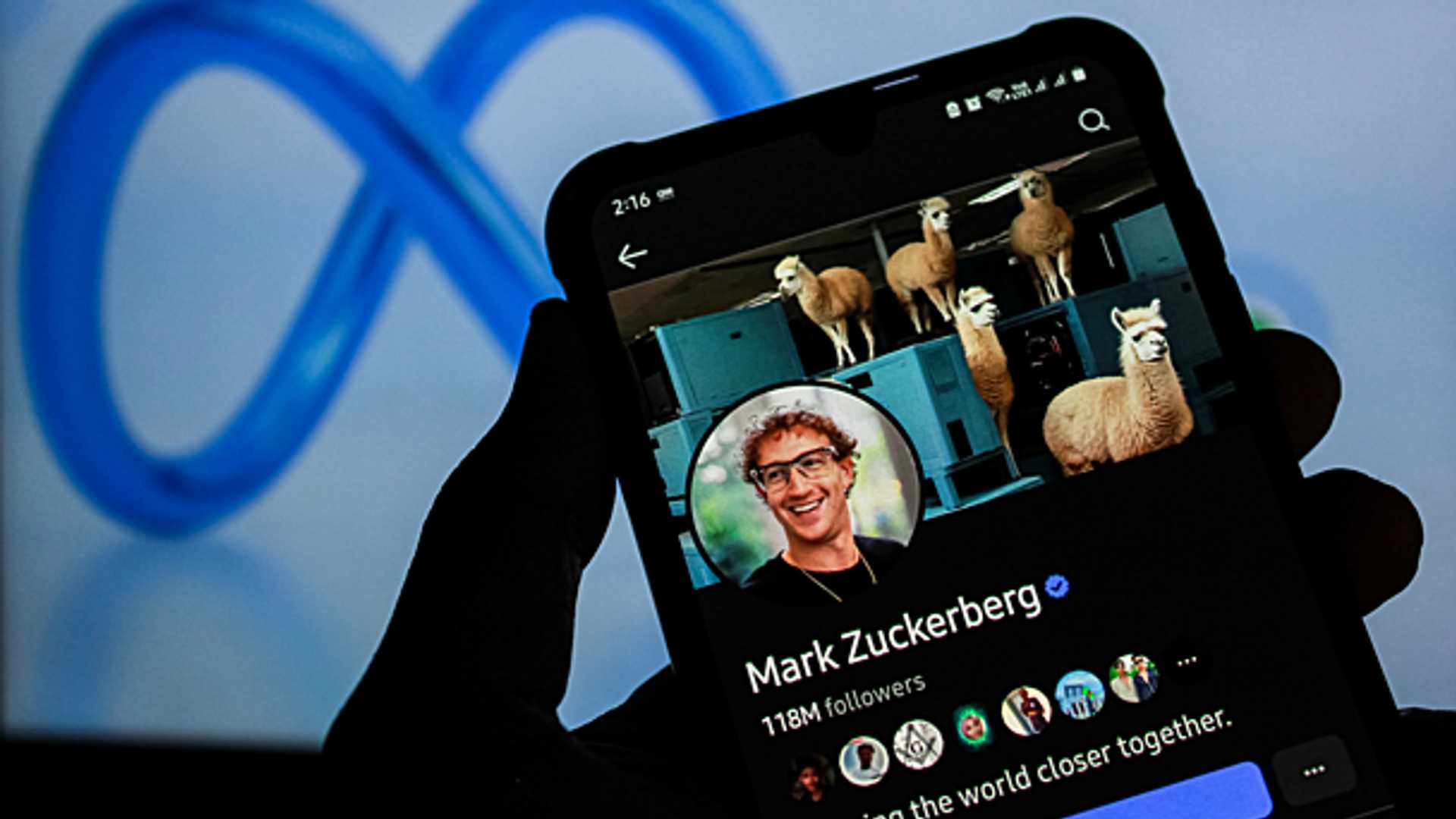Why Meta could be the next Google and how AI will reinvent the Future of News
Investors recently made a significant move by wiping 7.5% off Google's market value as they anticipate that AI applications on smartphones will soon replace traditional search engines. This shift in the tech landscape is expected to determine the next major winners and losers in the market.
The sell-off in Google's parent company, Alphabet, amounting to US$150 billion, was triggered by statements made by Apple executive Eddy Cue. Cue suggested that Apple's Safari browser might transition from using Google as the default search engine to AI-based conversational bots from companies like ChatGPT.
Google's dominance in the keyword search market propelled the company to become a US$2 trillion behemoth, surpassing competitors such as Yahoo Search and Microsoft's Bing. However, with the imminent rise of AI assistants on smartphones within the next 12-18 months, a new revolution akin to the dominance of keyword searches in online advertising is on the horizon.
The Emergence of Meta and the AI Market
Meta, the parent company of Facebook, Instagram, and WhatsApp, recently launched its Meta AI assistant app, signaling its entry into the AI space. Founder Mark Zuckerberg's rivalry with Apple underscores the competitive nature of the tech industry, with a focus on anti-competitive practices.

Zuckerberg's emphasis on personalization, leveraging Meta's vast user data, positions the company as a strong contender in the AI wearables market, particularly with its Ray-Ban glasses. Meta's extensive network of 3.43 billion daily active users across its various platforms gives it a competitive edge in promoting its new AI app.
If Meta's AI app gains traction as a dominant player in the market, it could potentially become the next Google, monopolizing consumer interactions with internet services, advertisers, and social platforms.
Challenges and Opportunities in the AI Ecosystem
While Meta vies for a significant share of the AI market, competitors like ChatGPT have already established themselves, setting the stage for intense competition in the coming months. The evolution of AI assistants and their impact on user experiences will be closely monitored by both the market and media.
Additionally, partnerships between AI providers and traditional media companies, such as the collaboration between News Corp and OpenAI, introduce new dynamics to the distribution of news content. The potential for AI apps to influence user perspectives and biases through personalized content delivery raises important considerations for the future of news consumption.

As the tech landscape continues to evolve rapidly, investors are closely watching the performance of tech giants like Google and evaluating their positioning in an AI-driven world. The volatility of the market underscores the transformative effect of AI on industries ranging from news media to traditional tech players.
Overall, the convergence of AI technology with consumer behavior signals a paradigm shift in how individuals interact with digital services, paving the way for new market leaders and reshaping the competitive landscape across various sectors.
For more information on related topics and mentioned stocks, please refer to the original article here.




















